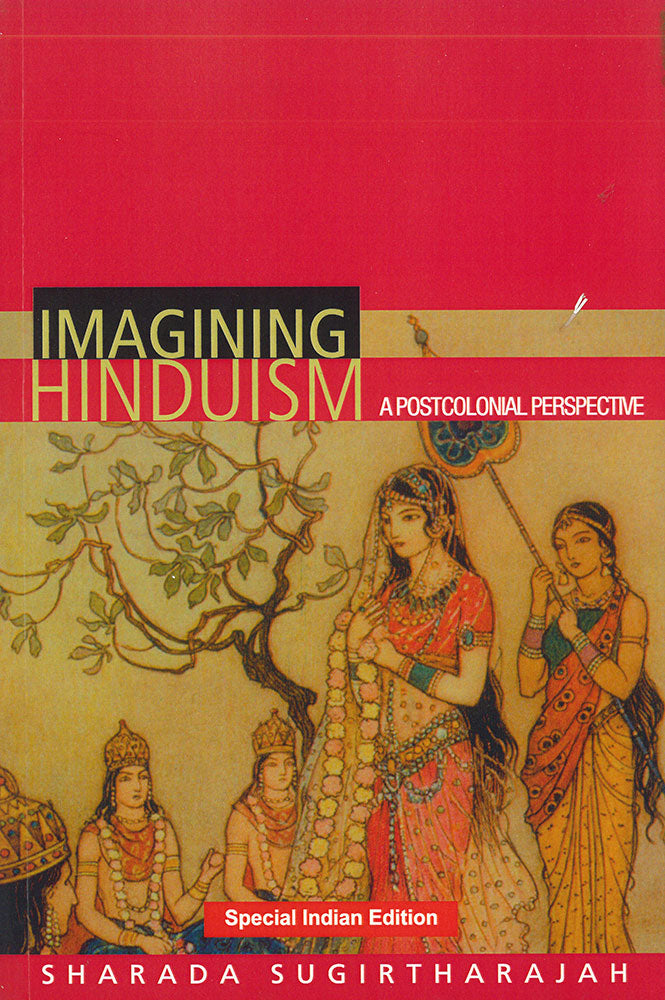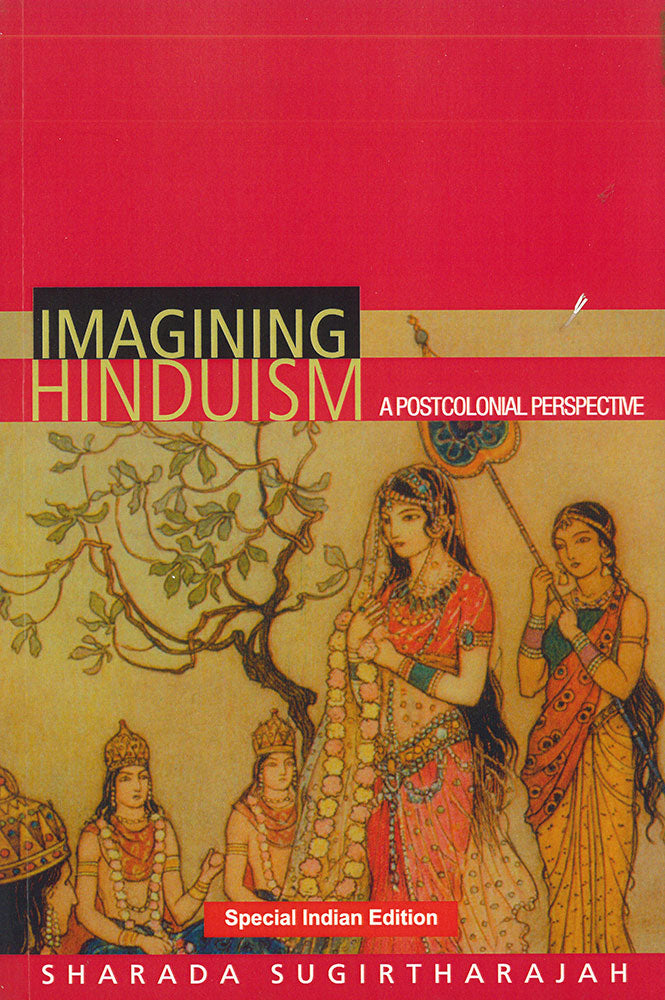Imagining Hinduism: A Postcolonial Perspective
![]() 100% Genuine New Books
100% Genuine New Books
![]() Fast Shipping with Tracking Number
Fast Shipping with Tracking Number
Secure Payments via UPI, Cards & Wallets
![]() Trusted Support & Easy Returns
Trusted Support & Easy Returns
Imagining Hinduism: A Postcolonial Perspective - Paperback is backordered and will ship as soon as it is back in stock.
ISBN : 9788120840911, 8120840917
Year of Publication : 2017
Edition : Latest Reprint
No. of Pages : 182
Language : English
Condition : New
Publisher: Motilal Banarsidass Publishing House
Free shipping on orders over Rs. 249
Free shipping on orders over Rs. 249
We offer free shipping on orders above Rs. 249 in India. For orders below this threshold, a nominal shipping fee may apply, which will be clearly indicated during the checkout process.
How long will it take to receive my order?
How long will it take to receive my order?
The delivery time varies depending on your location. Generally, orders are processed and shipped within 1-3 business days. Once shipped, you can track and expect your order to arrive within 3-7 business days (the duration may vary depending on your location). For more information, please refer to our shipping policy.
Chat with a Real Person
Chat with a Real Person
WhatsApp chat is dedicated to assisting with after-sales queries regarding delivery, returns, and payments. Click below to initiate chat with us on WhatsApp:
[Bookstaa WhatsApp Chat].
For all other inquiries, please visit our customer support page or email us at support@bookstaa.com.
Couldn't load pickup availability
Description
Description
Imagining Hinduism introduces a new and significant way of looking at Western constructions of Hinduism. Employing current postcolonial categories, Sharada Sugirtharajah examines how Hinduism has been defined, interpreted and manufactured through Western categorizations, from the foreign interventions of the eighteenth and nineteenth century Orientalist and missionaries to the present day. Her contention is that ever since early Orientalists 'discovered' the ancient Sanskrit texts and the Hindu 'Golden Age', the West has nurtured a complex and ambivalent fascination with Hinduism, responding to it in ways ranging from romantic admiration to ridicule. At the same time, she focuses attention on how Hindu discourse has drawn upon Orientalist representations in order to redefine Hindu identity and construct a monolithic Hinduism, both in the Indian and diasporic contexts.
As the first comprehensive work to bring postcolonial critique to the study of Hinduism, Imagining Hinduism is essential reading for an informed and critical understanding of how both Europeans and Hindus engage with Hinduism.
About the Publisher

Motilal Banarsidass Publishing House (MLBD)
Motilal Banarsidass Publishing House, popularly known as MLBD, is one of the oldest and most prestigious publishing houses in India, established in 1903.
With over a century of legacy, MLBD has been at the forefront of publishing scholarly works in the fields of Indology, Sanskrit, philosophy, religion, spirituality, yoga, Buddhism, and Jainism.
Renowned for its authenticity and academic rigour, MLBD's books are trusted by researchers, scholars, and readers across the globe.
With more than 5,000 titles in circulation, MLBD continues to uphold its commitment to preserving and promoting India’s rich cultural and philosophical heritage.
Bookstaa is an authorized distributor of MLBD books, ensuring 100% genuine and original publications for our readers.

